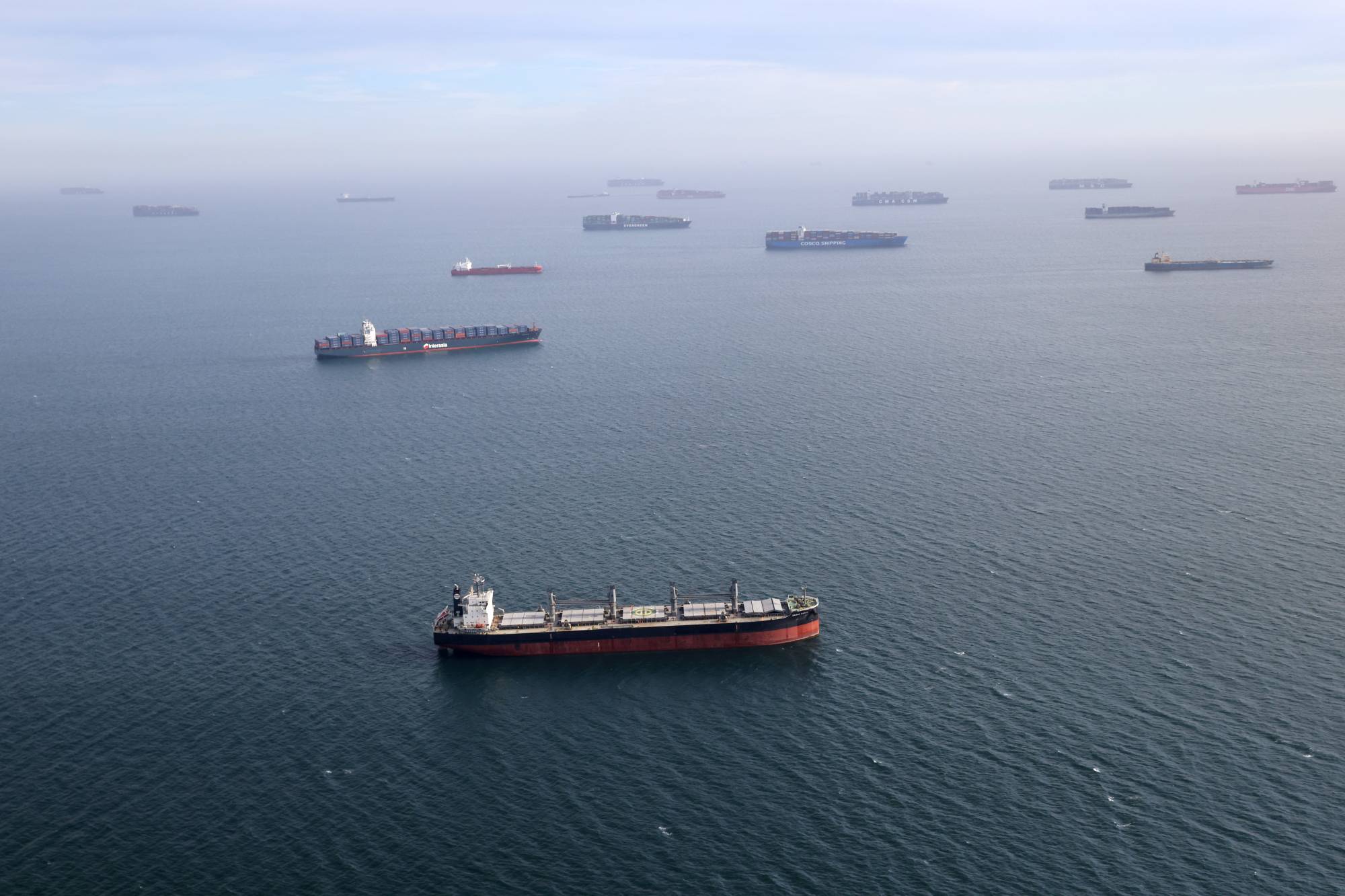Starting in the 1980s, transnational production enabled the expansion of global trade and low prices for goods, contributing significantly to economic growth.
But the shocks caused by the COVID-19 pandemic and the Ukraine war have shown firms that the efficiency gains implied by the global division of labor — and just-in-time production — come at the cost of resilience. With global supply-chain bottlenecks unlikely to resolve themselves soon, firms have turned their attention to reshoring or at least “friend-shoring,” which seeks to combine closer geographic proximity with greater geopolitical peace of mind.
But turning re-establishing the shorter and more national (or regional) supply chains of a generation ago will be costly in terms of growth. For a hint of just how costly, look no further than post-Brexit Britain’s lack of any post-pandemic trade recovery. The United Kingdom’s independent Office for Budget Responsibility estimates that productivity will be 4% lower in the long run than it would have been had the U.K. retained its deep trading links with the European Union. The specialization enabled by globalization has brought significant benefits, as many economists (including me) have long argued.

















With your current subscription plan you can comment on stories. However, before writing your first comment, please create a display name in the Profile section of your subscriber account page.